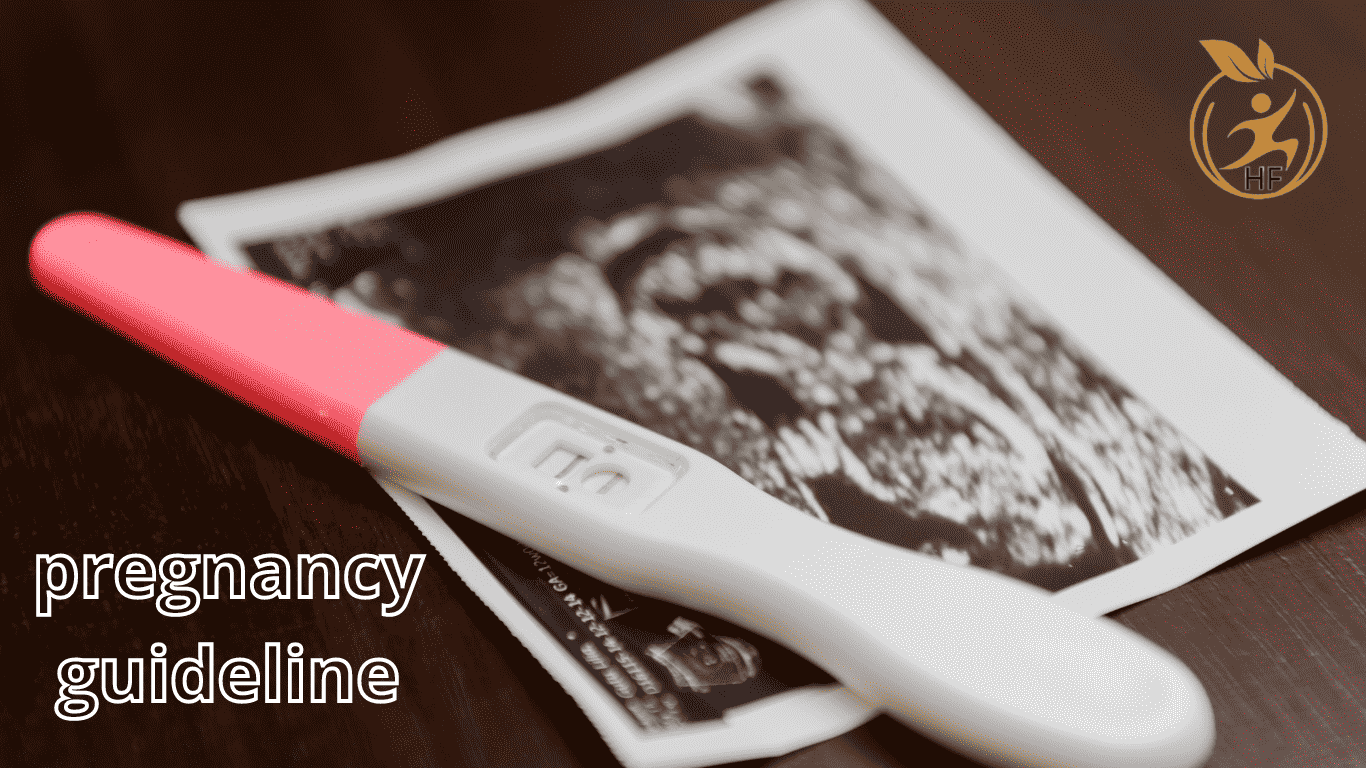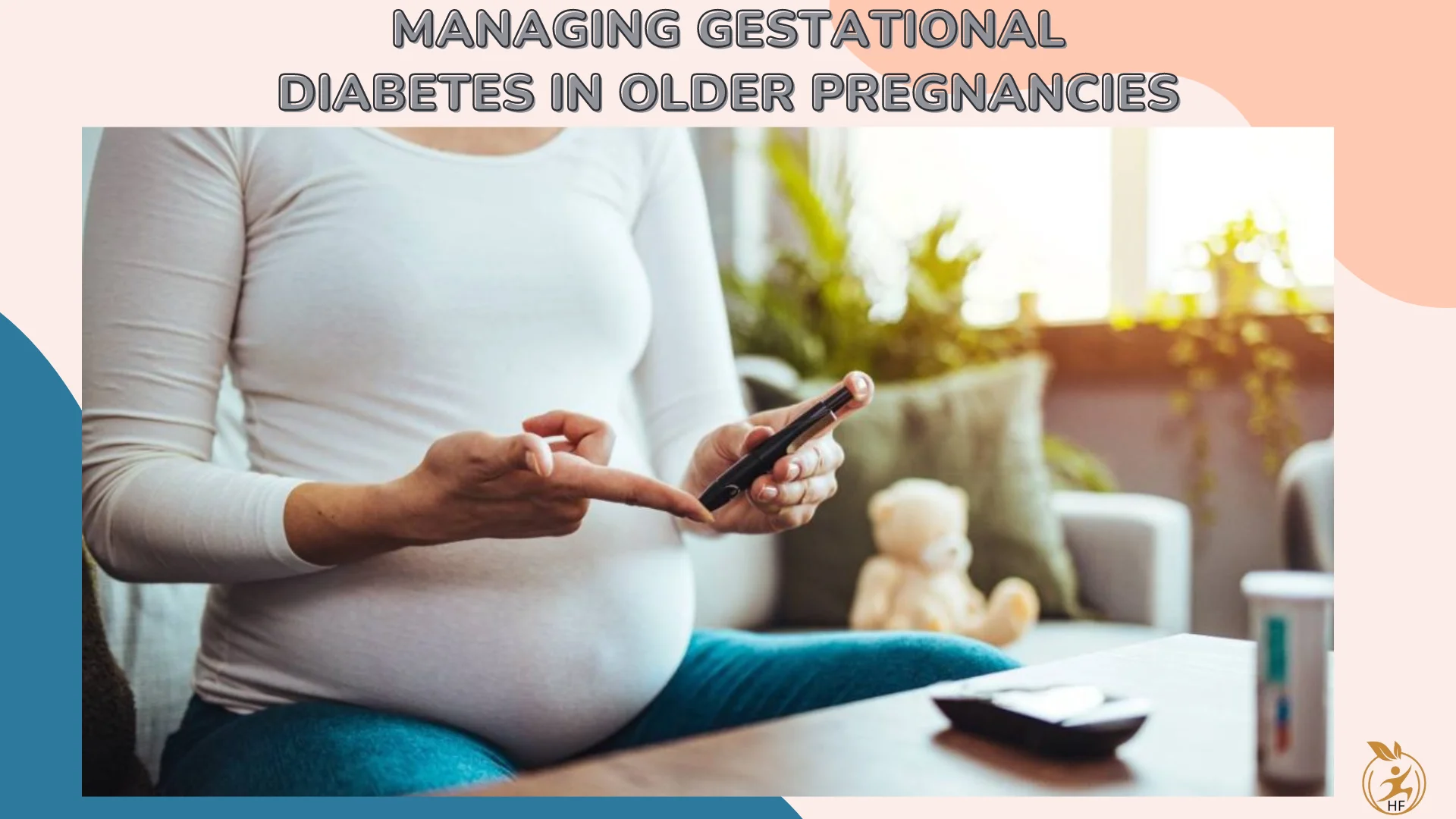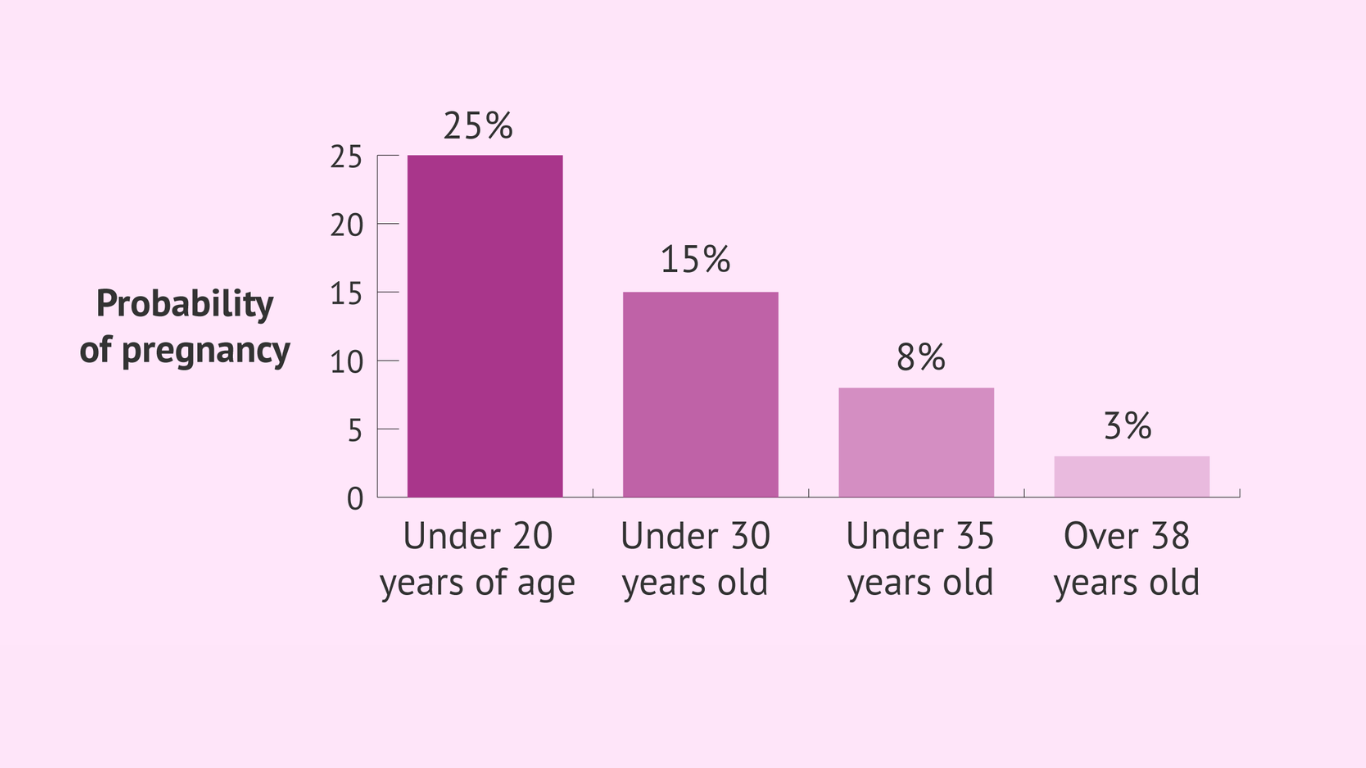Advanced maternal age (AMA) pregnancy, defined as pregnancy occurring in women aged 35 years or older, presents unique challenges and considerations for both the mother and the healthcare provider. The Royal College of Obstetricians and Gynaecologists (RCOG) offers comprehensive guidelines and recommendations to navigate this specific demographic. This article aims to provide a detailed exploration of the concepts, phrases, and guidelines related to advanced maternal age pregnancy as outlined by the RCOG.
Understanding Advanced Maternal Age Pregnancy:
- Definition: AMA pregnancy refers to pregnancies occurring in women aged 35 years or older at the time of delivery.
- Incidence: The prevalence of AMA pregnancies has been steadily rising due to socio-cultural factors and advancements in reproductive technologies.
- Risk Factors: AMA pregnancies are associated with various medical, obstetric, and socioeconomic risk factors, including increased incidence of chromosomal abnormalities, gestational diabetes, hypertension, and preterm birth.
RCOG Guidelines for Advanced Maternal Age Pregnancy:
- Prenatal Screening: RCOG recommends offering prenatal screening for chromosomal abnormalities, such as Down syndrome, to all women of AMA.
- Antenatal Care: Close monitoring of maternal and fetal well-being throughout pregnancy is essential. This includes regular antenatal appointments, fetal growth assessment, and screening for gestational diabetes and hypertensive disorders.
- Multidisciplinary Approach: Collaborative care involving obstetricians, midwives, genetic counselors, and other healthcare professionals is crucial to address the complex needs of AMA pregnancies.
Management of Common Complications:
- Chromosomal Abnormalities: RCOG provides guidance on the management and counseling for pregnancies affected by chromosomal abnormalities detected through prenatal screening.
- Gestational Diabetes: In order to maximize the outcomes for both the mother and the fetus, guidelines are provided for the screening, diagnosis, and treatment of gestational diabetes in AMA pregnancies.
- Hypertensive Disorders: RCOG emphasizes the importance of early detection and management of hypertensive disorders, such as preeclampsia, in AMA pregnancies to reduce associated maternal and fetal complications.
Psychological and Social Support:
- RCOG recognizes the emotional impact of AMA pregnancy on women and their families and advocates for the provision of adequate psychological and social support services.
- Counseling: Comprehensive counseling regarding the risks, benefits, and implications of pregnancy at advanced maternal age is essential to facilitate informed decision-making.
Postnatal Care and Long-Term Follow-Up:
- Postnatal Assessment: RCOG recommends thorough postnatal assessment of both the mother and the newborn to identify and address any complications or concerns.
- Long-Term Follow-Up: Continuous monitoring of maternal health, as well as developmental screening and follow-up for the kid, is recommended to guarantee the best long-term outcomes for both.
Induction of Labour at Term in Older Mothers – RCOG Pdf
Advanced maternal age pregnancy presents unique challenges that require specialized care and attention. The guidelines and recommendations provided by the Royal College of Obstetricians and Gynaecologists offer a comprehensive framework for the management of AMA pregnancies, aiming to optimize maternal and fetal outcomes while addressing the specific needs of this demographic. By adhering to these guidelines and adopting a multidisciplinary approach, healthcare providers can effectively support women undergoing pregnancy at advanced maternal age, ultimately promoting the health and well-being of both mother and child.







